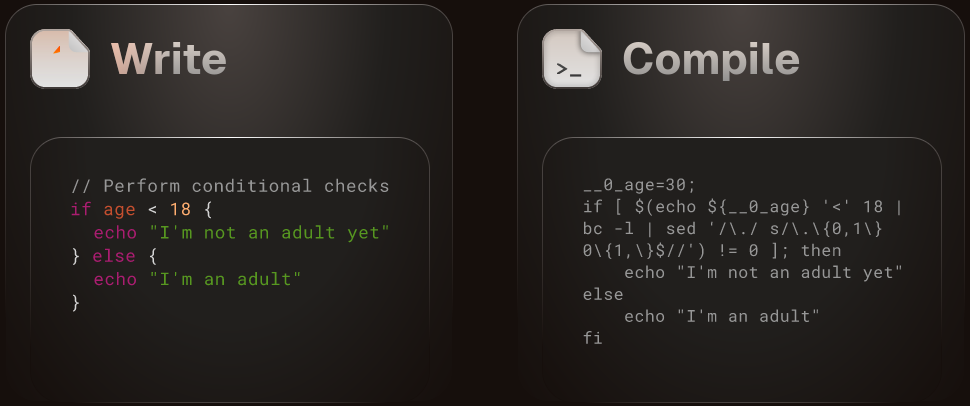

I’m not saying that you’re wrong, but I think that people are more likely to put up money if they believe in the model instead of because they are being nagged into it. For example, I have a nebula subscription that I happily pay while I refuse to pay for a yt subscription despite the fact that I watch youtube a lot more. This is more out of spite towards youtube than it not being worth the money (it probably is to be honest). I also donate money to wikipedia while I haven’t ever considered shelling out for encyclopedia britannica for example.
Video hosting is of course very expensive so I understand that it’s harder to fund wikipedia-style than wikipedia. People are probably happy paying creators they like but less so spending a ton of money on infrastructure.





I think that it’s quite bad if Microsoft puts peoples family photos on their servers without the user realizing it. That’s not a niche privacy nerd sentiment, I think that a lot of people would find that creepy. Having the option easily available can be really good for a lot of non-techy people but it should be very clear what stays on your computer and what doesn’t, and how to keep something private if you want to, which I’m not sure that it is if Microsoft quietly backs up Documents, Pictures etc.